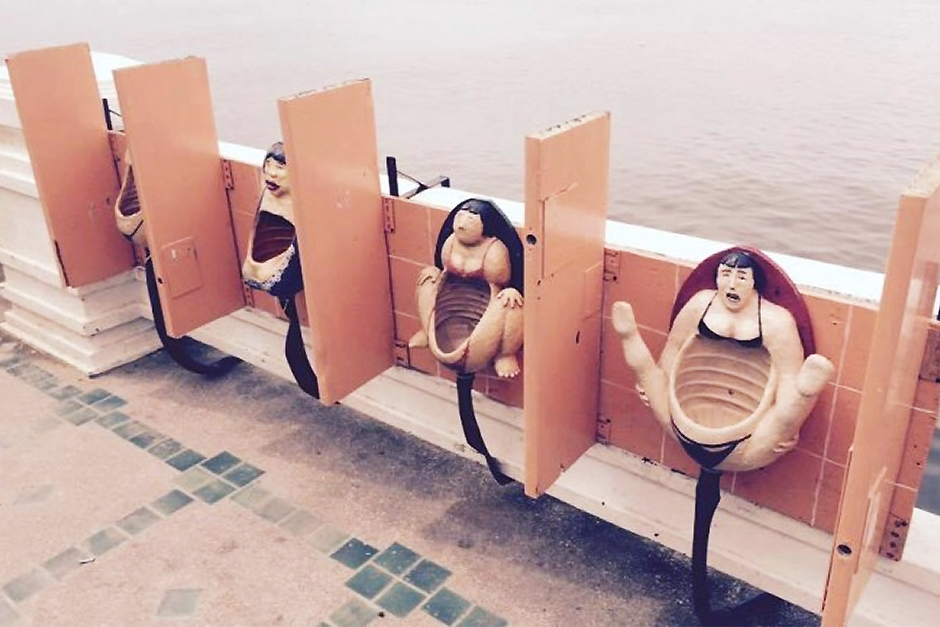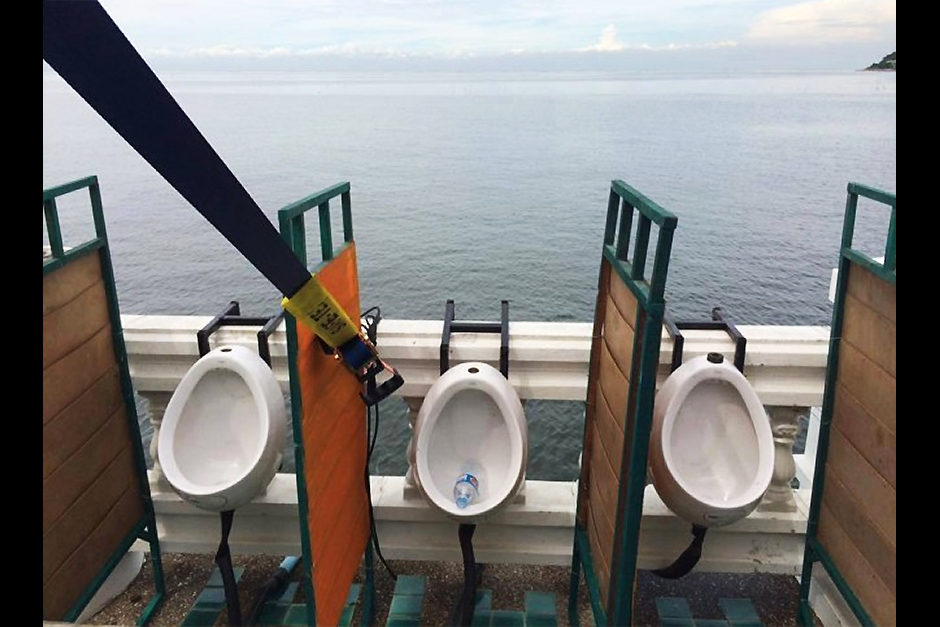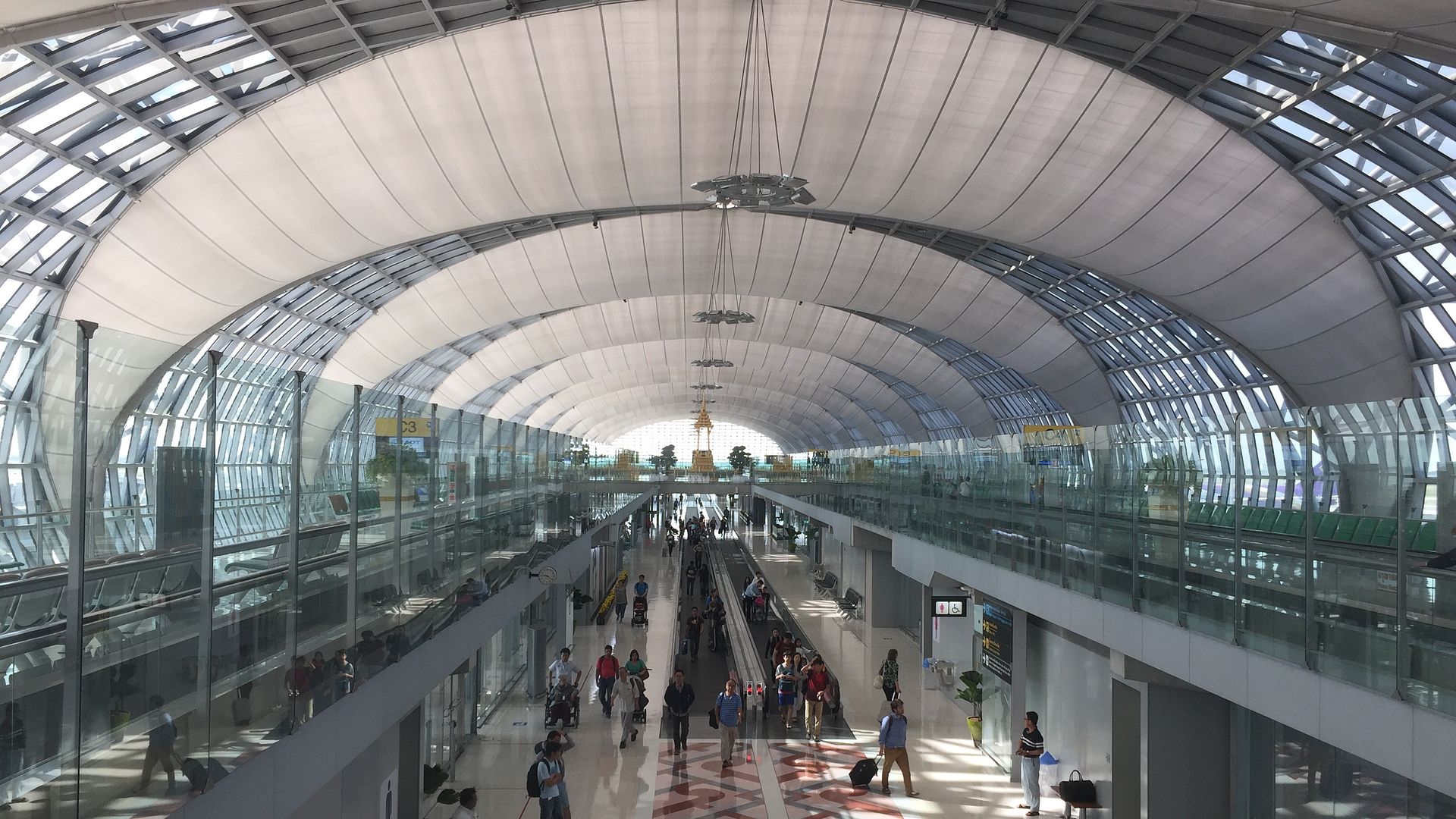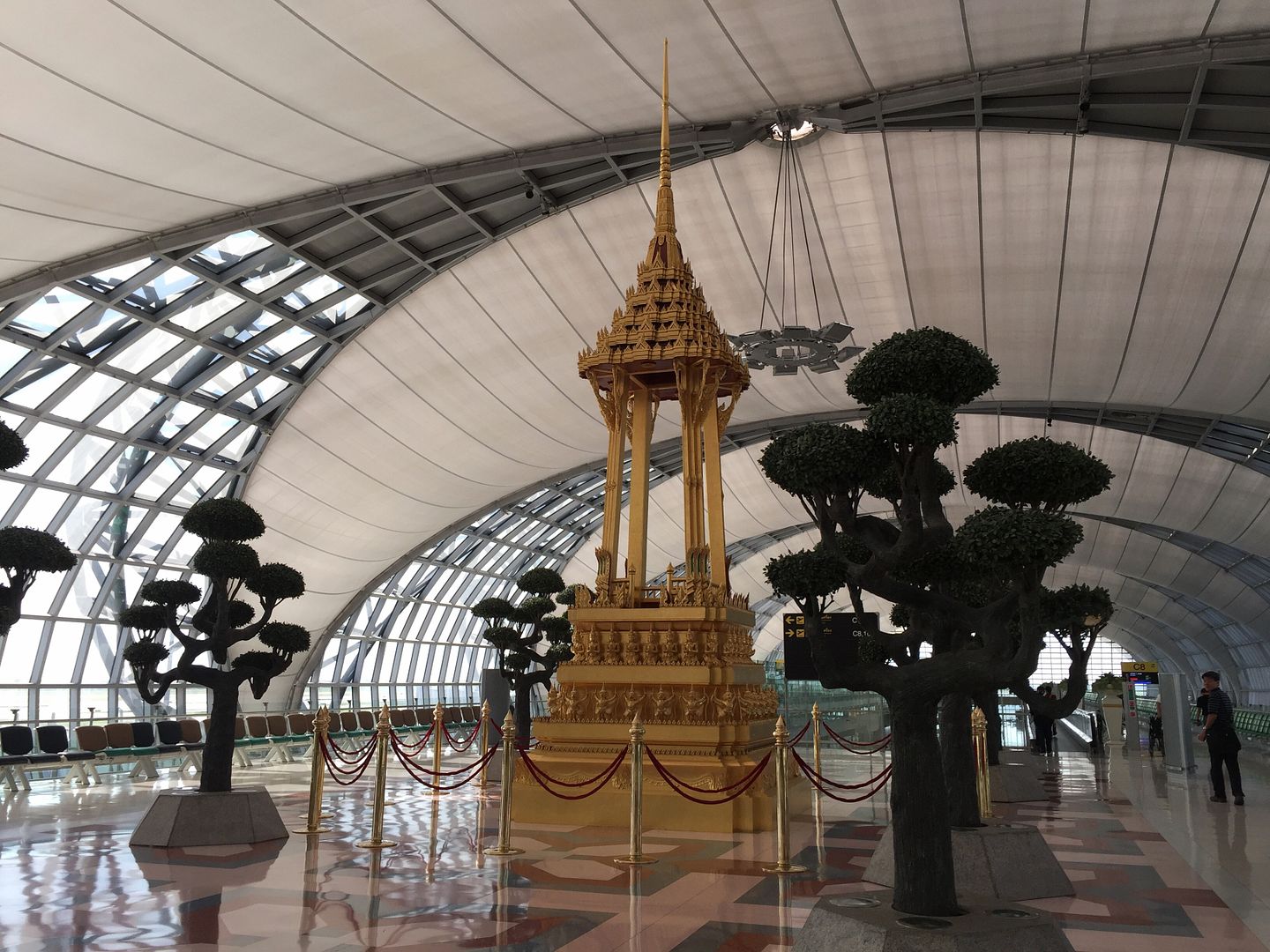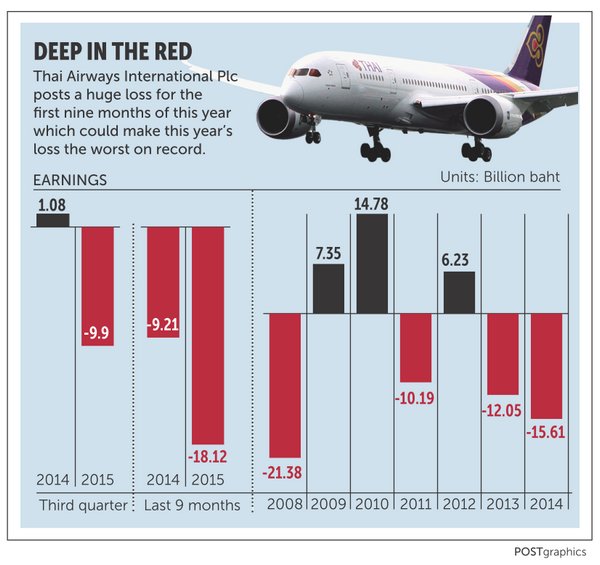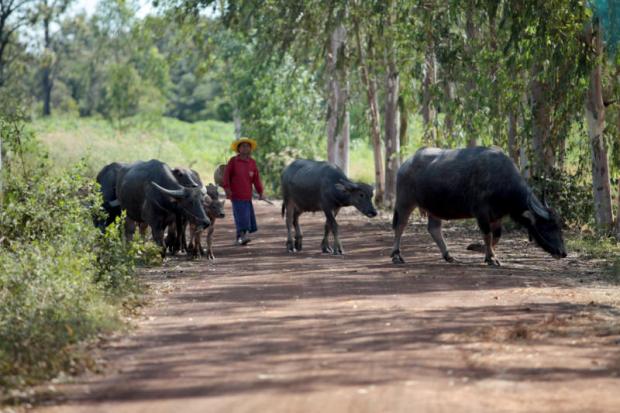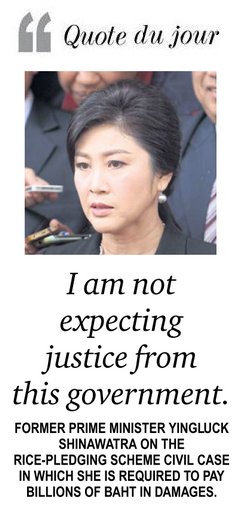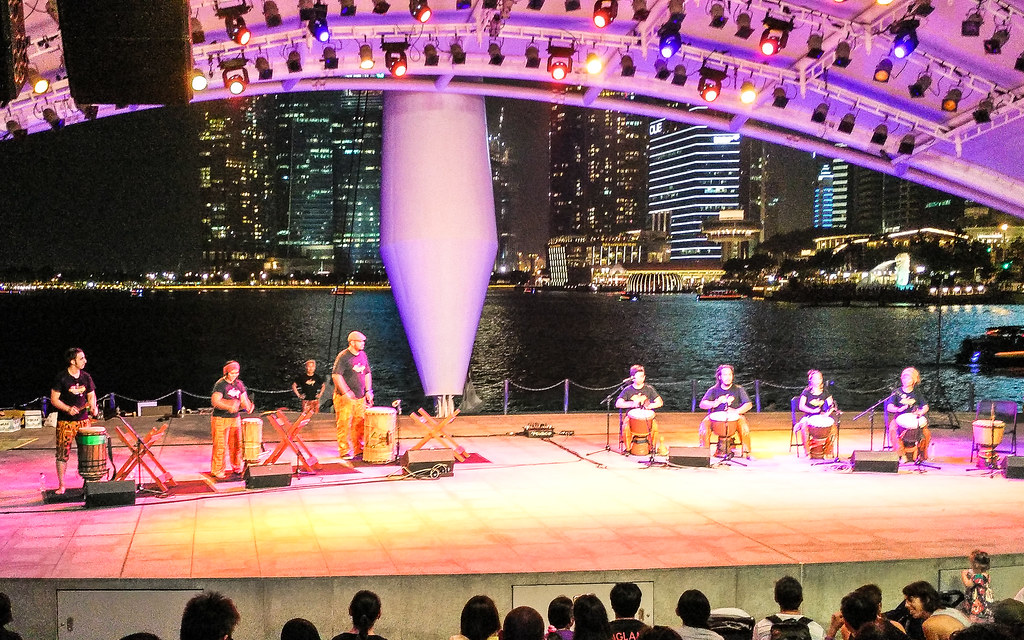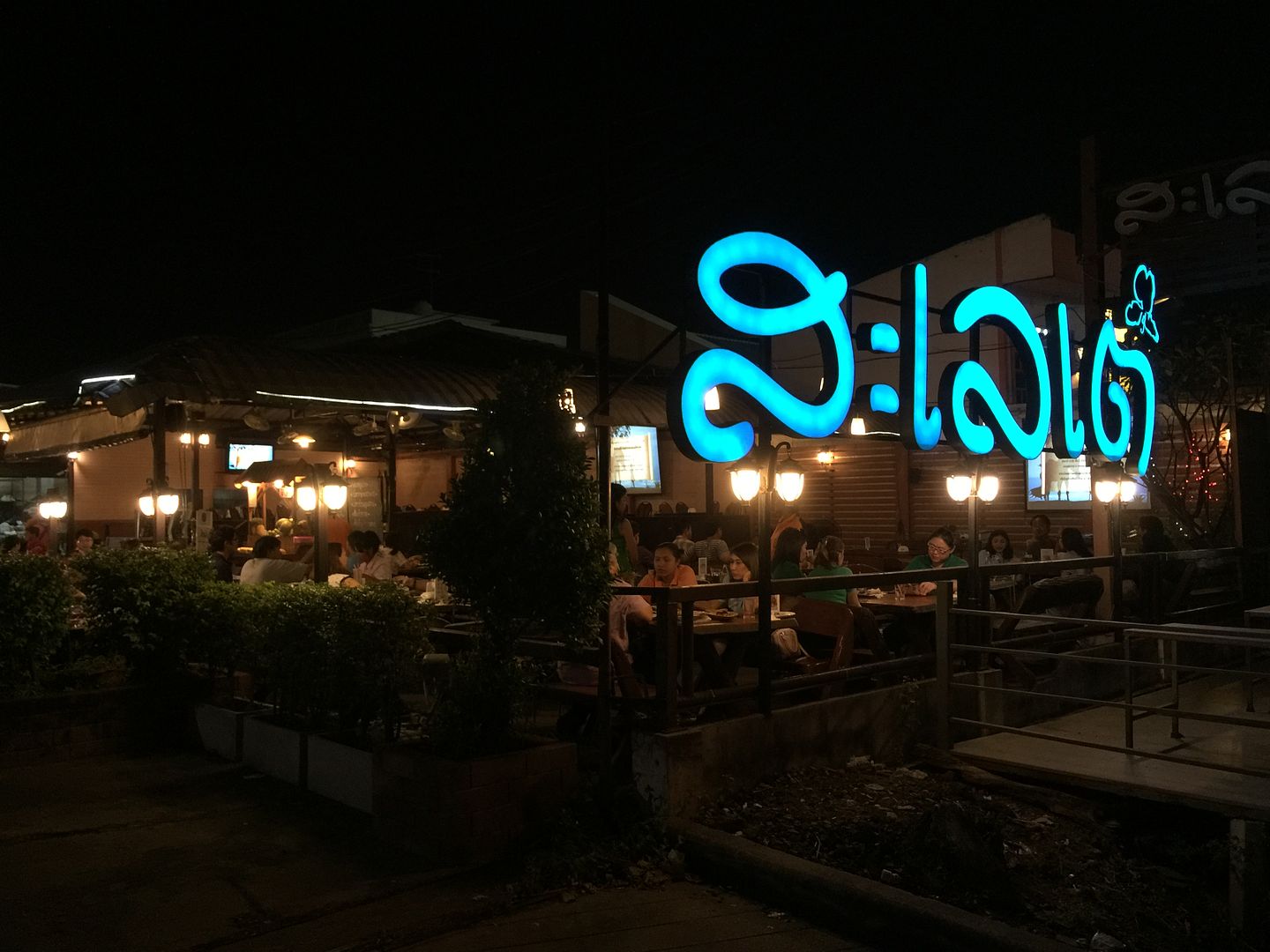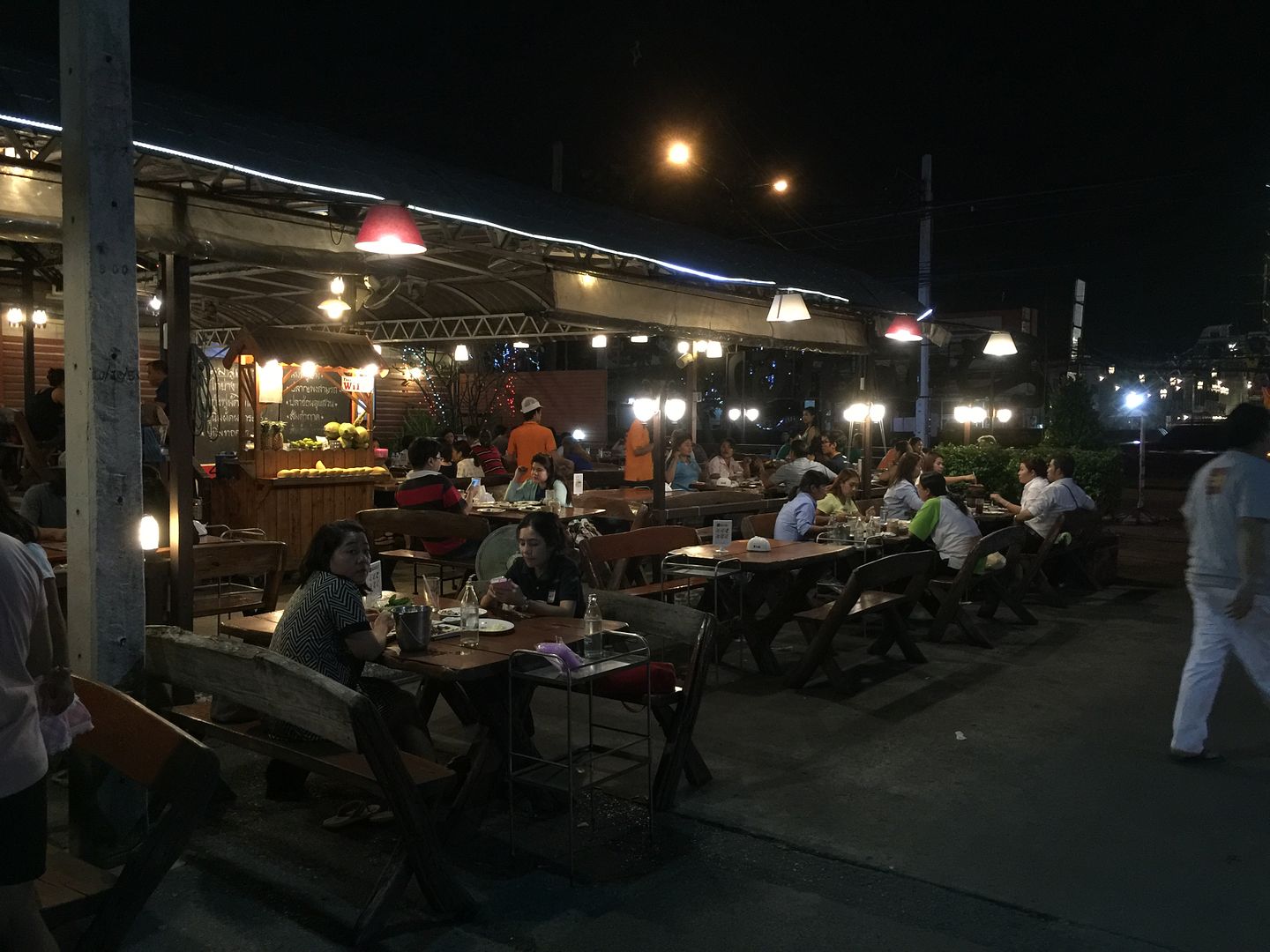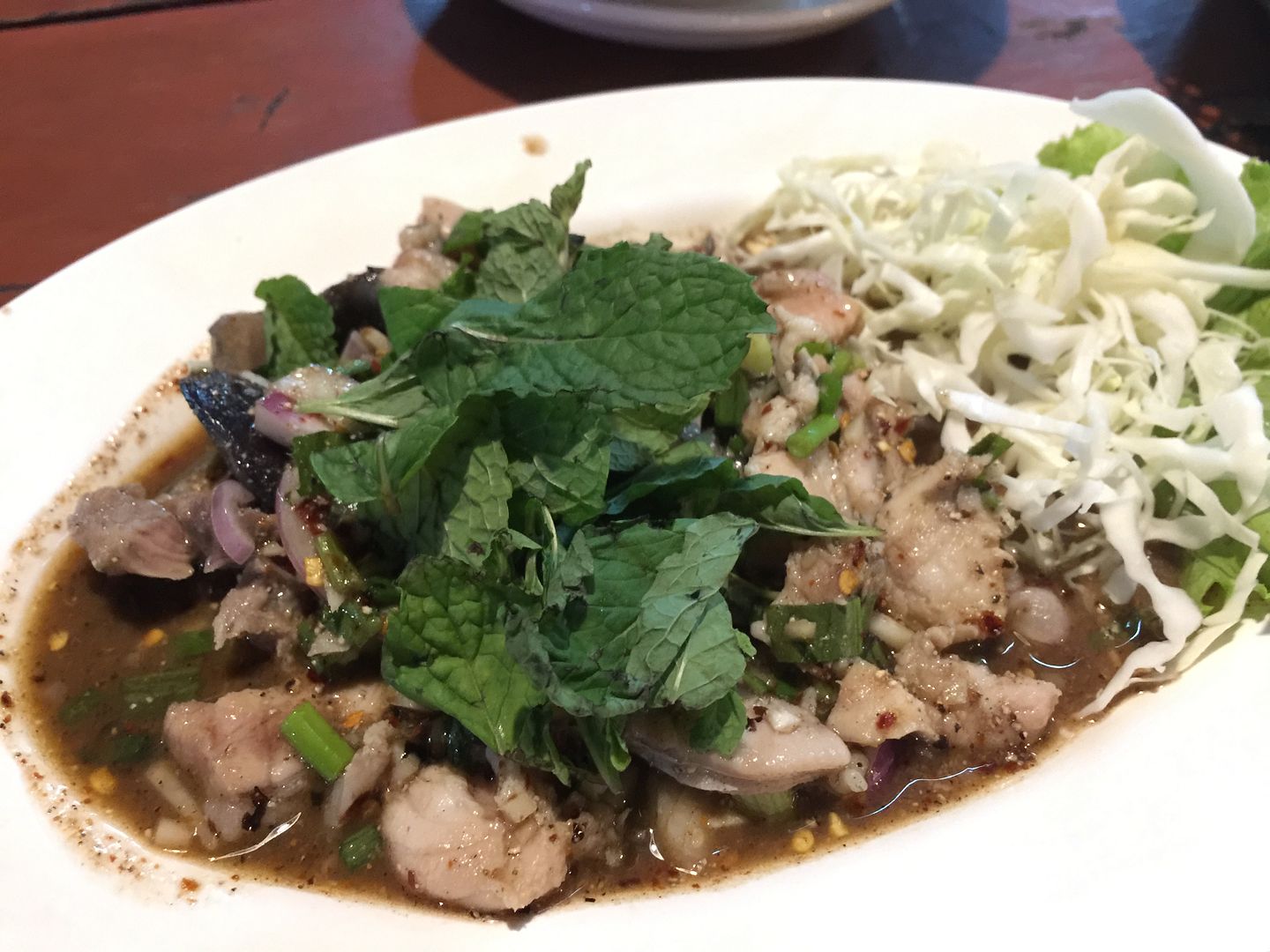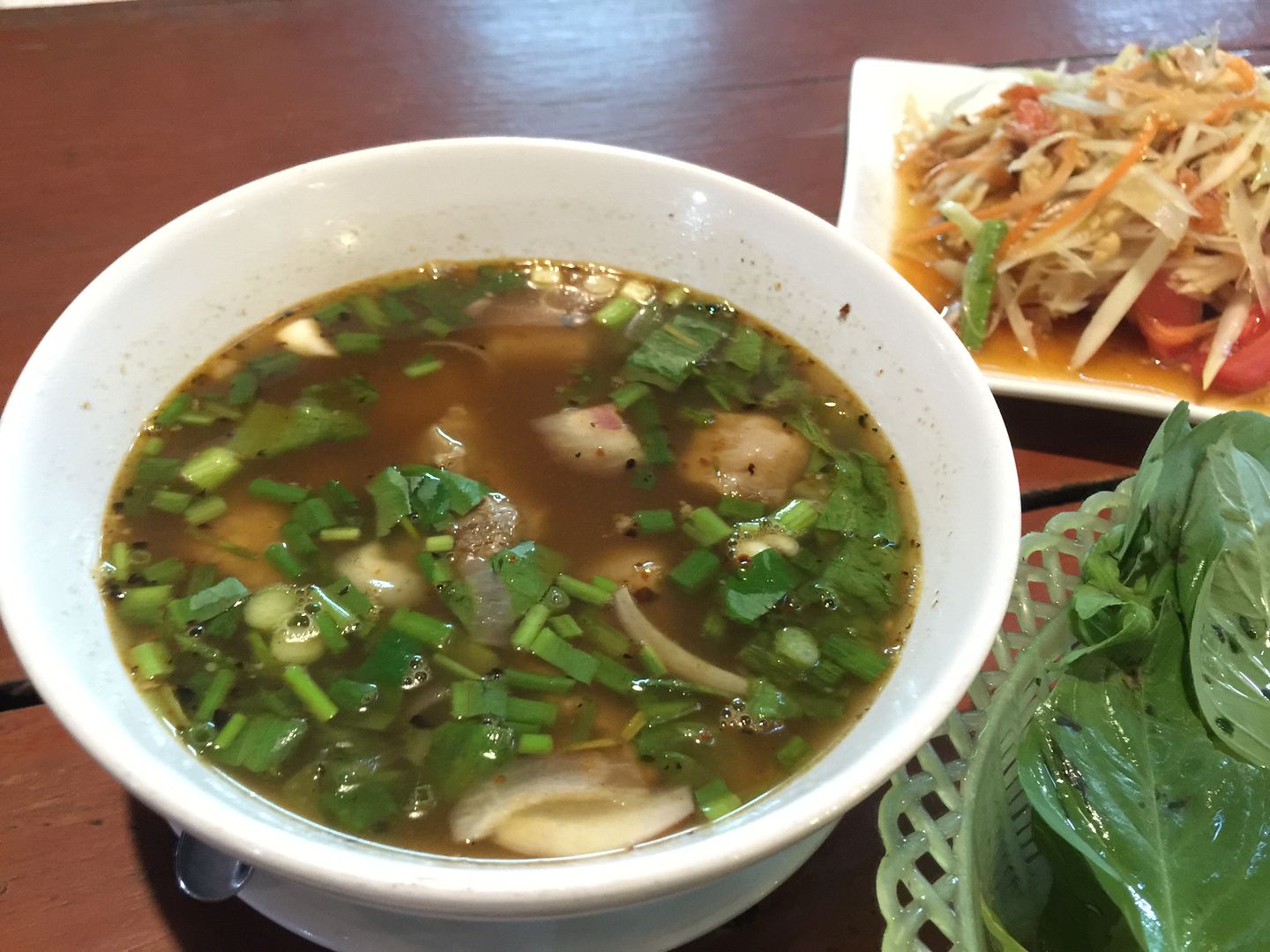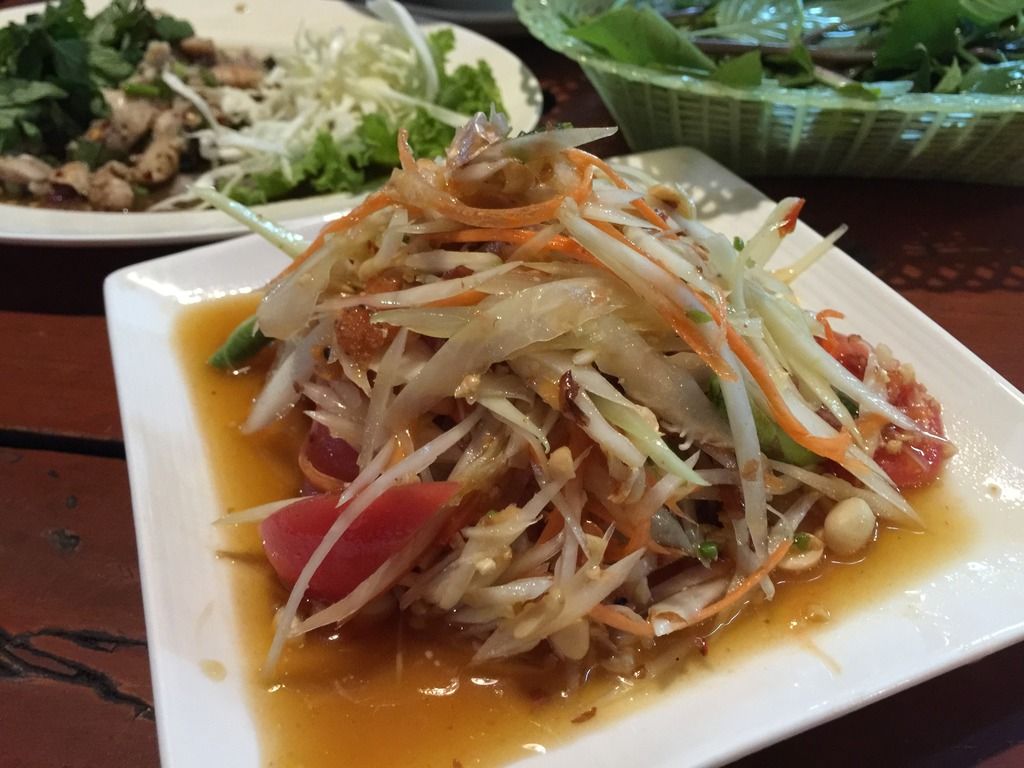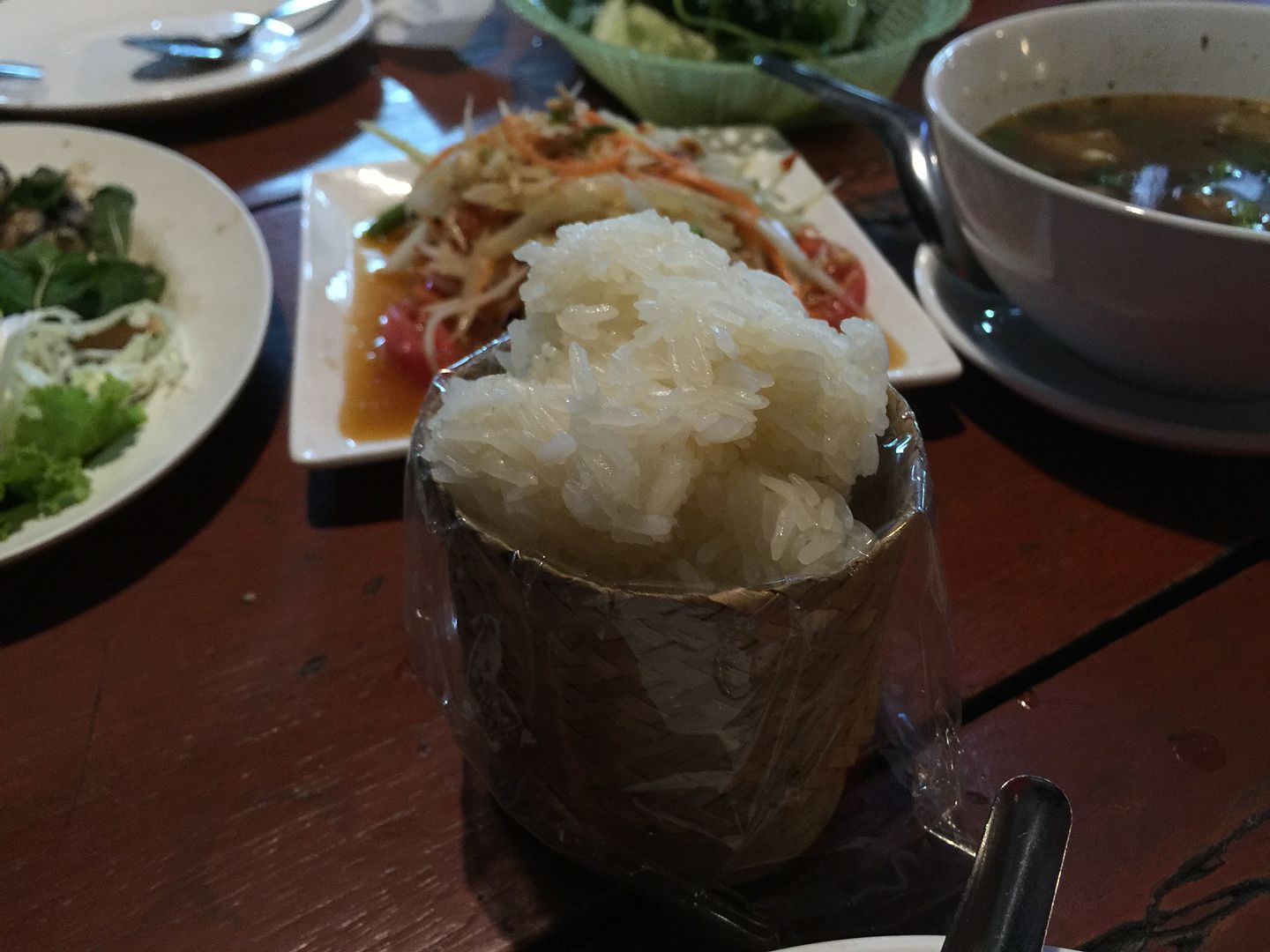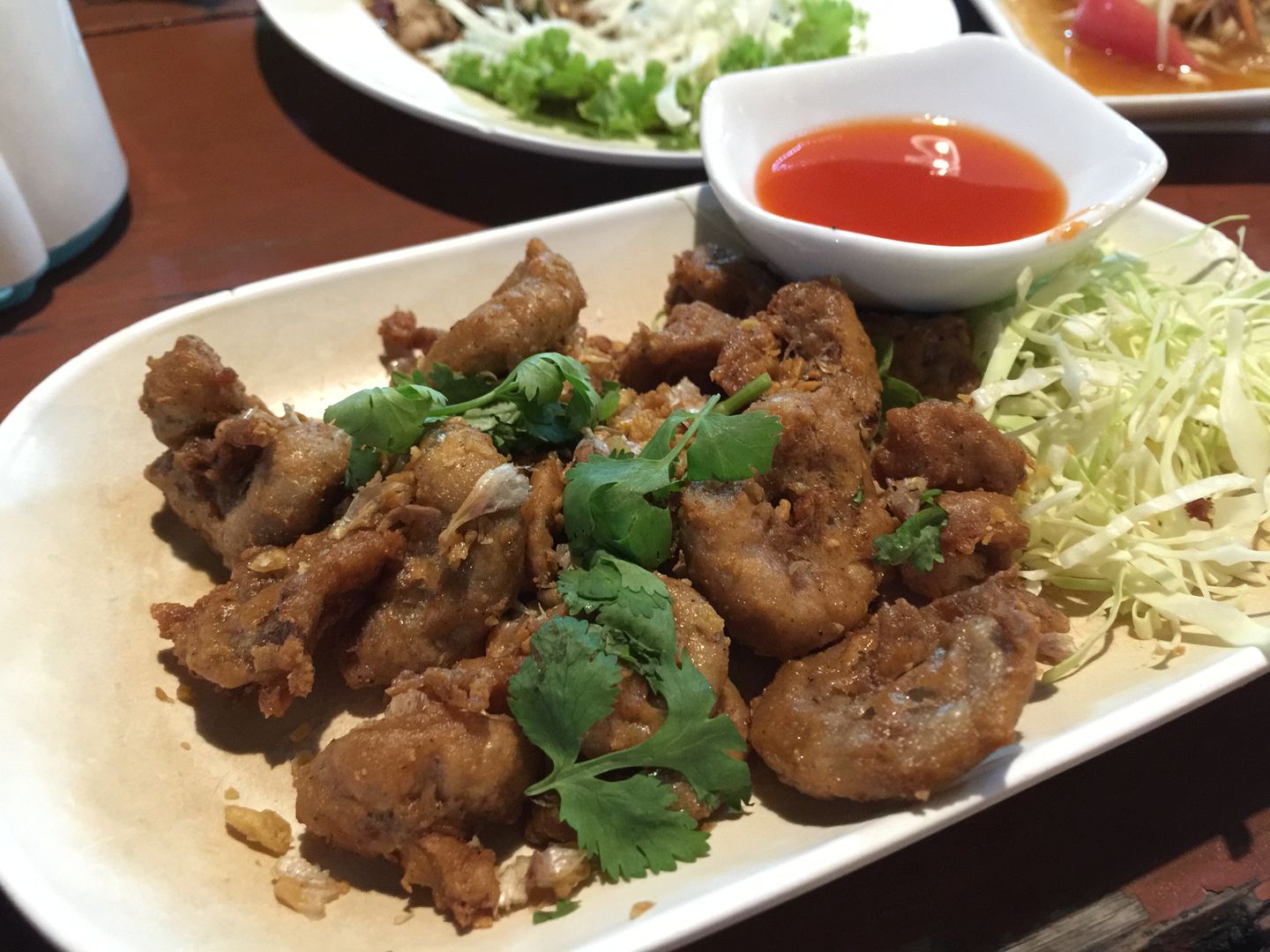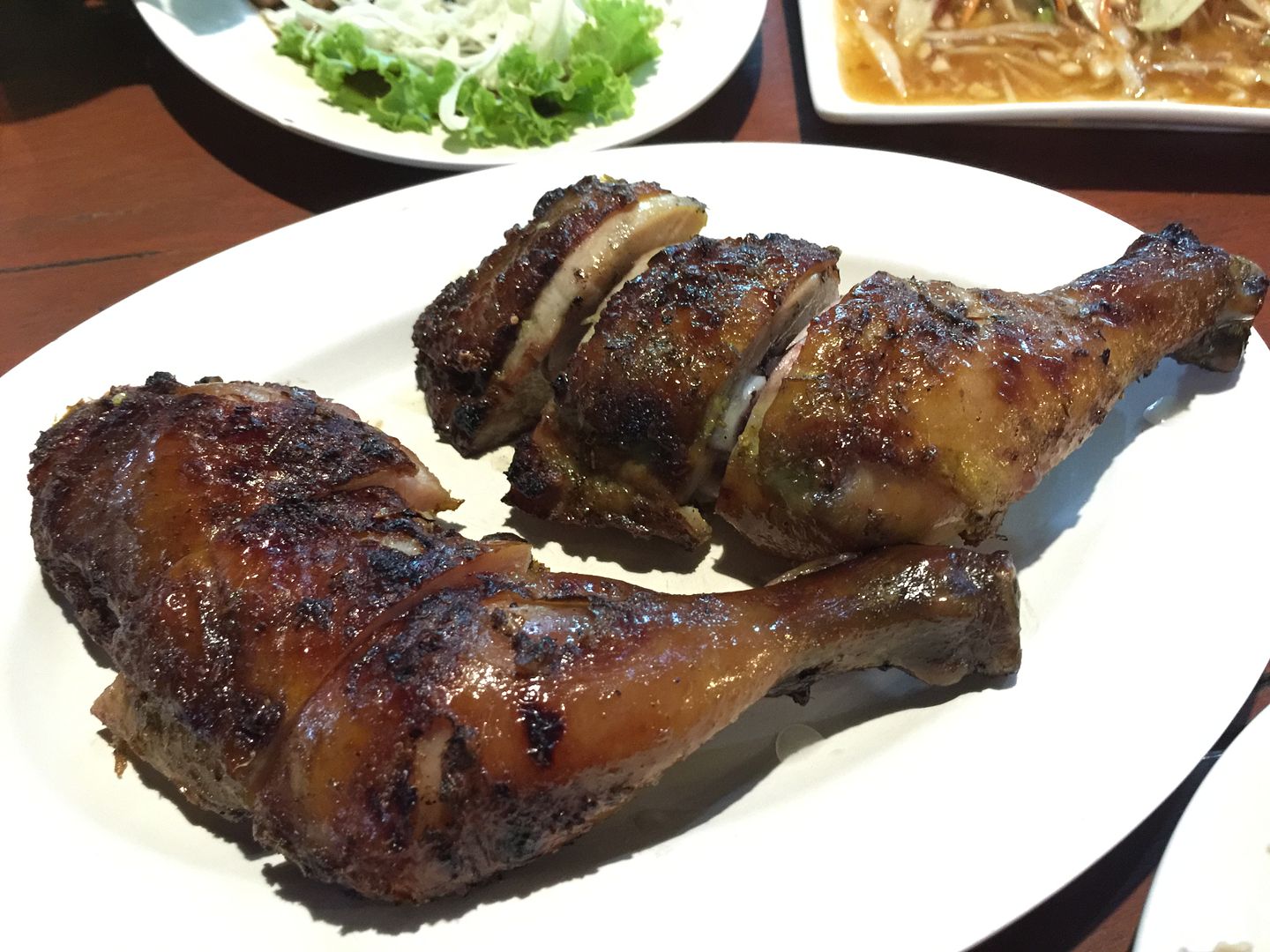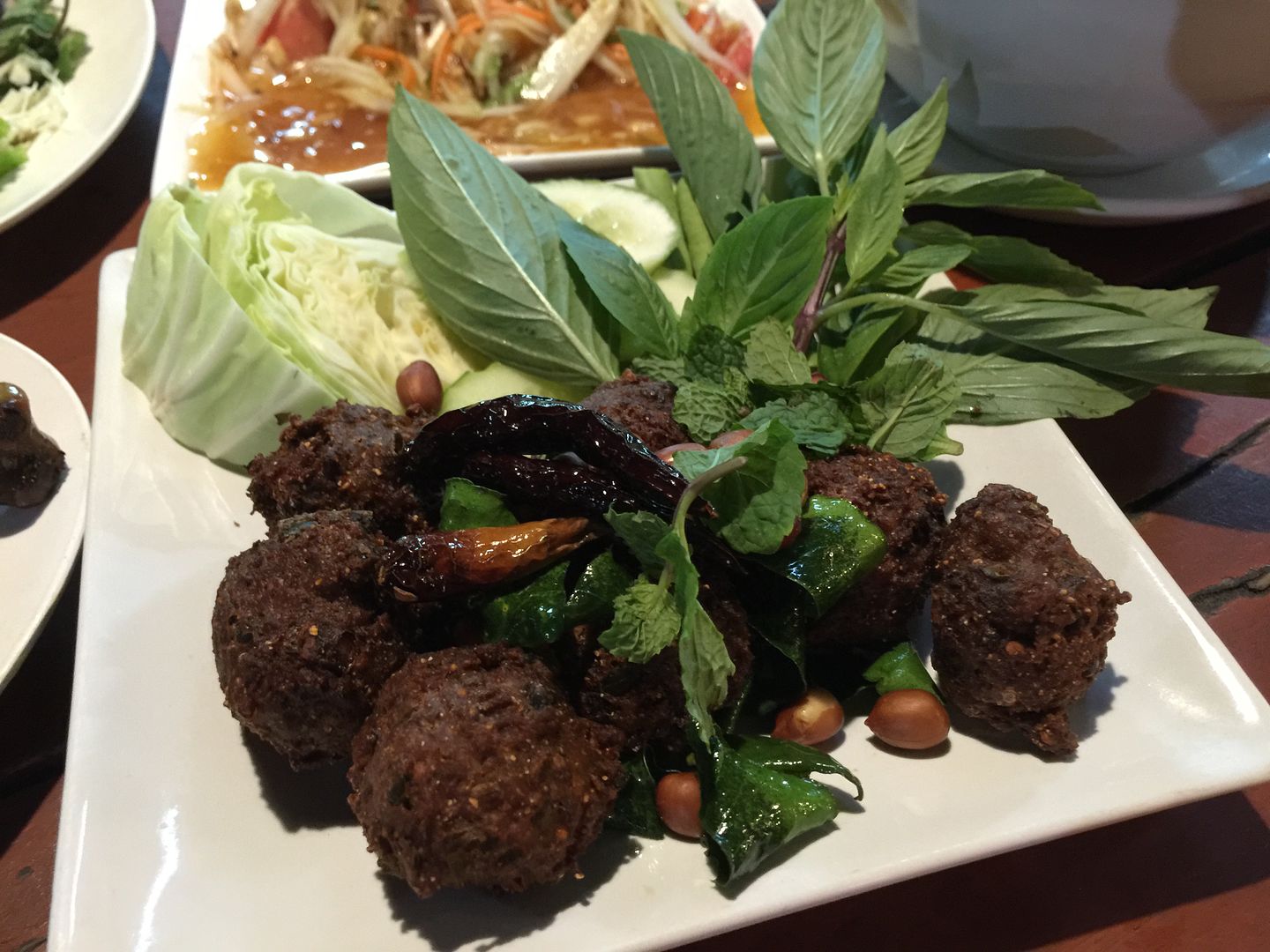Interesting piece on how corruption is par for the course, not just LOS but in ex Obama country Kenya :p
A country where everyone is corrupt, even grandmothers
The Nation November 12, 2015 1:00 am
That's not a description of Thailand - not yet anyway. It was applied by a Kenyan to his own country, an East African state roughly the size of Thailand and known for its coffee and safaris. It is also the home country of US President Barack Obama's father.
In April 2014, reports emerged that President Robert Mugabe of Zimbabwe, not known for parsimonious public spending, had warned his generals not to make the country like Nigeria and Kenya, "where you have to reach into your pocket to get anything done". Mugabe's statement brought an outcry within Kenya, though not against Mugabe, but over its own state of affairs.
"You are in trouble when a fellow thief accuses you of stealing," commented one Kenyan newspaper.
This week, a document was handed to a parliamentary committee in Nairobi detailing the disappearance of millions of dollars in some very "curious" government spending programmes.
The details included thousands of dollars for ordinary condom dispensers, $85 each for ballpoint pens, contracts dogged by old-fashioned bidding irregularities, laptops for schoolchildren bought from an Indian company that did not manufacture the equipment, deals to export gold signed with phantom foreign companies, and a standard-gauge railway project from Mombasa to Nairobi costing the government $5.2 billion. The latter was the largest public investment in Kenyan history but was awarded without a public bidding process to a Chinese company blacklisted for bribery by the World Bank in 2009. The chief of Transparency International in Kenya pleaded repeatedly with the government to reconsider, saying, "There is no evidence the public will be getting value for the money." But the government of President Uhuru Kenyatta, unfazed by the public outcry, seems bent on pushing the questionable projects through.
The details included thousands of dollars for ordinary condom dispensers, $85 each for ballpoint pens, contracts dogged by old-fashioned bidding irregularities, laptops for schoolchildren bought from an Indian company that did not manufacture the equipment, deals to export gold signed with phantom foreign companies, and a standard-gauge railway project from Mombasa to Nairobi costing the government $5.2 billion. The latter was the largest public investment in Kenyan history but was awarded without a public bidding process to a Chinese company blacklisted for bribery by the World Bank in 2009. The chief of Transparency International in Kenya pleaded repeatedly with the government to reconsider, saying, "There is no evidence the public will be getting value for the money." But the government of President Uhuru Kenyatta, unfazed by the public outcry, seems bent on pushing the questionable projects through.
If such projects sound familiar to us Thais, it's because they are. The wheel of corruption and bribery doesn't need to be reinvented from one country to the next. The "same old, same old" tactics will do just fine.
We might recall the purchase of frangipani trees worth over Bt100 million, reminding ourselves that frangipani can be grown just by taking a cutting from the tree, sticking it in the soil and waiting. It doesn't even need to be watered.
Or the free-tablet project for primary schools might come to mind, along with the fact that the devices were of little academic use and quickly stopped working.
And the mega-rail projects? We don't have one yet, but when we do, we can only pray it's worth the public money.
It's also interesting to note that in Kenya, the word for taking bribes is the same as "to eat", just as in Thai we use the phrase "sin-bon".
The similarities do not stop there. In both countries citizens witness daylight corruption of every variety and scale, from petty graft to grand fraud. It extends to every sector - politics, police, judicial, education and labour - with every method in the book - bribery, embezzlement, theft, fraud, extortion, blackmail - and is followed by all types of corrupt gains - abuse of discretion, favouritism, nepotism and clientelism. And most brazen of all is the impunity of the country's political and business leaders.
Another similarity is the public sentiment that a "little bit" of corruption is acceptable. The reaction of a Kenyan security guard after having read about the $85 ballpoint pens was," If you're going to steal, please just steal a little."
Corruption is often compared to rape or cancer. So, by this logic, "a little rape" or "a little cancer" is all right.
The damage caused by corruption is unfathomable. Thailand was forced to grant extraterritoriality to British citizens under the Bowring treaty in 1855 because Britain had evidence of Thai government officials taking bribes and therefore could argue forcefully that its citizens would be in danger under Siam's corrupt judicial system.
Corruption undermines a country's development as well as its security. It breeds more corruption, eroding public and personal moral standards, widening and deepening the gap between the haves and have-nots, seeding extremism and worsening crises of trust. It has left many countries and societies crumbling in its wake, weakened to the point of collapse.
When President Obama visited his father's homeland in July this year, he talked about the need for Kenya to combat corruption that was holding back every aspect of economic and civil life. The US also announced a joint anti-corruption commitment with Kenya and pledged over $1 million to set up a unit to investigate graft linked to international crime networks. Whether this proves effective, or is forgotten and consigned to oblivion, only time will tell.
The irony of it all is that the global anti-corruption NGO called Transparency International owes its birth to Kenya's intractable "eating" culture. The NGO was launched in Nairobi by Peter Eigen, a former World Bank director for East Africa, who was incensed at the extent of graft in the development programmes under his watch and decided to dedicate his efforts to wrestling with this scourge of society.
Yet the issue of how we can tackle corruption effectively remains a thorny one. Robert Klitgaard, former president of California's Claremont Graduate University, points out in his book "Controlling Corruption" that corruption is bound to occur if the gains are greater than the penalty multiplied by the likelihood of being caught and prosecuted.
Food for thought, eh?
